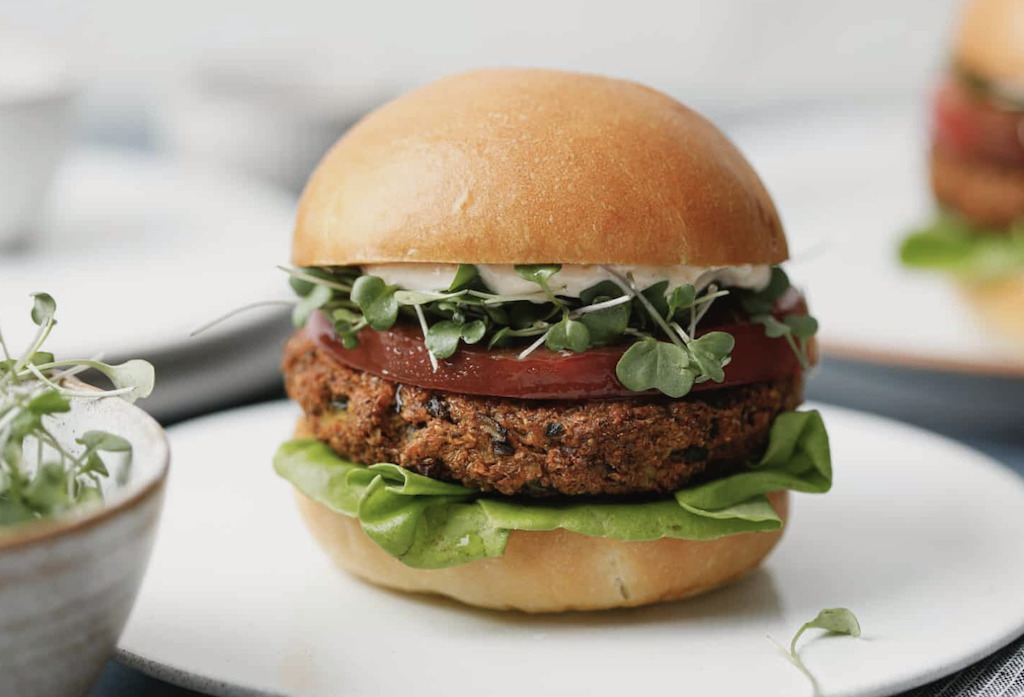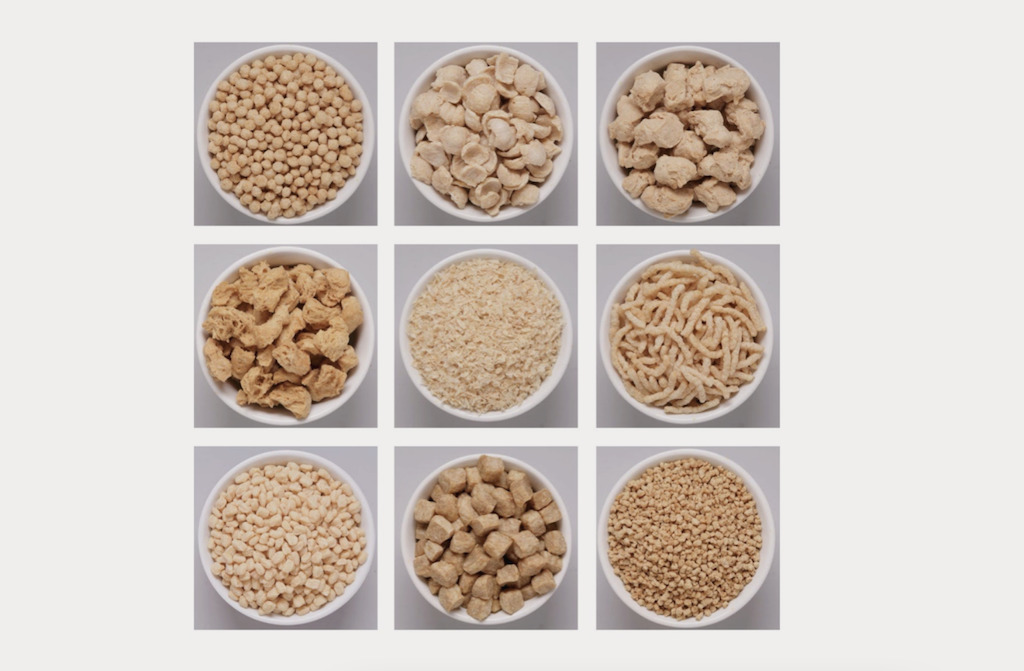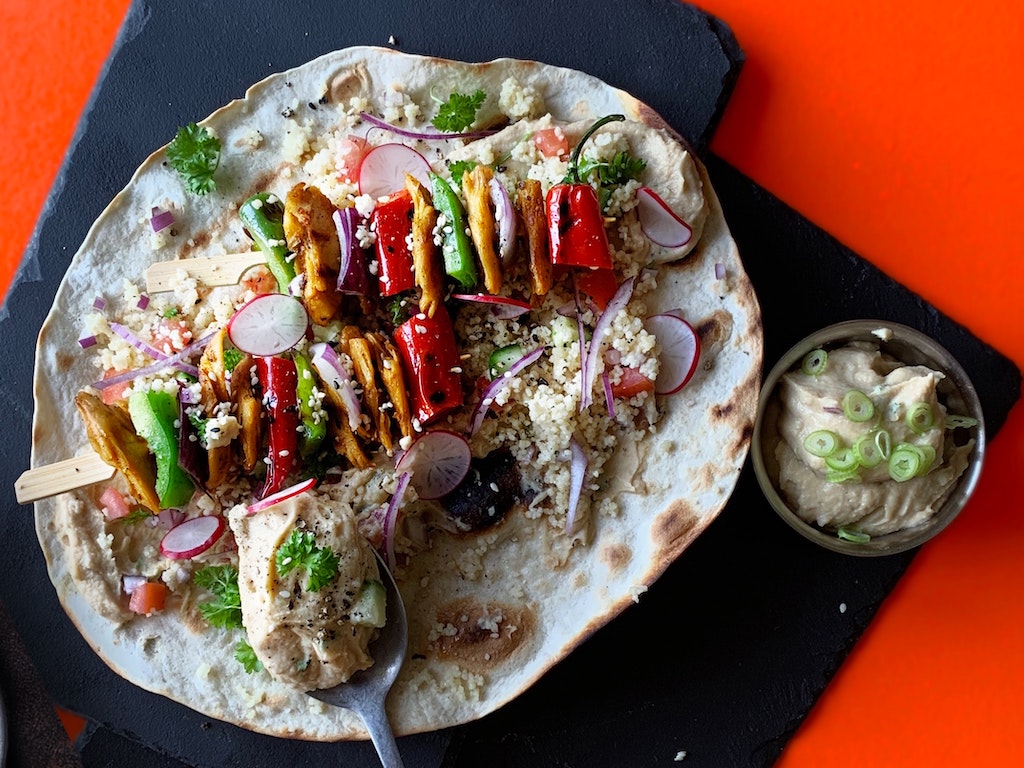4 Mins Read
Australian plant-based startup Harvest B has just raised VC and grant funding totalling $4.5 million. The startup has developed a smart ingredient system that helps food producers make “superfood” vegan meat analogues out of nutritious, locally-grown ingredients. Harvest B will use the funding to build a new facility to produce its sustainable enhanced protein ingredients.
Harvest B has secured $4.5 million in funding from VCs and a grant from the Australian federal government’s Advanced Manufacturing Growth Centre (AMGC) Commercialisation Fund. AMGC awarded the startup with $1 million, the largest of all recipients in the fund’s first round. VCs who backed Harvest B included Aura Ventures and the investment arm of retail giant Woolworth’s, W23.
Smart ingredient system

Founded in mid-2020, Harvest B is a B2B startup offering food brands its smart ingredient system to make nutritious, superfood plant-based meats. Its aim is to overcome the common consumer complaint that plant-based meats are overly processed, by helping companies make clean label, whole foods-based vegan meat analogues.
While soy, wheat, and pea protein are the most widely used plant protein ingredients, Harvest B wants to widen the net by drawing on the nearly 400,000 known plant species. This means diversifying the nutrients we can take from plants, but also providing an added stream of revenue to farmers.
Harvest B focuses on Australian-grown local crops, such as locally-sourced wheat, and processes it into a readily usable ingredient to make clean label vegan meat. It can work with clients to tailor the flavour and colour of formulations for a specific product.

According to the company, their plant ingredients are “optimised to give four times the performance of TVP [textured vegetable protein] commonly used for plant-based meat.” The fresh funds will enable Harvest B to construct its new production facility and double down on R&D to leverage more Aussie crops.
Read: Australia’s plant-based industry pushes back against senator’s push to ban vegan ‘meat’ labelling
Australian alt-protein business opportunity
Harvest B’s co-founders, Kristi Riordan, Werner Fuggersberger, and Alfred Lo say that a big part of their business model is to boost Australia’s alt-protein supply chain with its Australia-grown, sourced and made ingredients. It also hopes to propel the country forward as an exporter of plant-based protein ingredients.
“Werner has over 30 years’ experience in Australian food manufacturing, working closely with the meat industry to develop high quality ingredient systems,” co-founder Riordan told Food Frontier in a recent interview. “But when it came to applying that knowledge to plant-based meat, the ingredients he could access in Australia were limited in both supply and performance.”

Australia is already home to a number of vegan food techs such as v2food, Fable Food, Fenn Foods and Deliciou. These startups are already gaining speed in the domestic market, with retail sales of plant-based meat in 2020 jumping 46% year-on-year. V2food, in particular, has become a leading international player, partnering with fast-food giant Burger King to launch in a number of markets, including Thailand and South Korea.
But Riordan says that these business opportunities can be extended to Australia’s agricultural sector. Farmers in the country produce a number of value-added raw materials that can be used in a range of alt-proteins.
“We could also see that despite having a brilliant agricultural industry, Australia produces a relatively low amount of value-added exports compared to neighbours such as New Zealand,” she continued. “There was an untapped opportunity to give farmers the opportunity to add value to their crops.”
Lead image courtesy of Unsplash.




